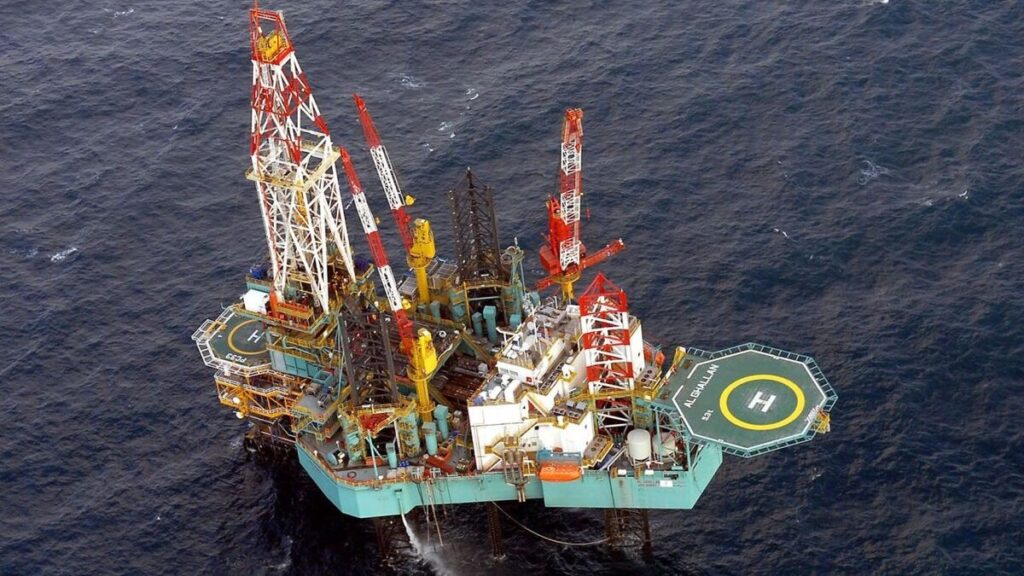Transfer pricing is fast becoming a hot topic for Engineering, Procurement, and Construction (EPC) projects across the Middle East, particularly for multinational oil and gas firms. With tax authorities stepping up their scrutiny across the region, companies now face a regulatory landscape where global best practices intersect with unique local demands.
EPC contracts themselves tend to be quite complex. Often, these contracts are split between offshore affiliates responsible for engineering and procurement, and onshore teams handling the actual construction work. While this setup can make good commercial sense, it’s increasingly coming under the taxman’s microscope. Authorities want to understand the real reasons behind contract splitting—beyond just the paperwork—requiring firms to prove that genuine management, decision-making, and the associated risks take place where profits are reported. Simply put, “substance over form” isn’t just lip service anymore; it’s a must.
Saudi Arabia serves as a prime example of this growing attention. The Saudi Zakat, Tax and Customs Authority (ZATCA) has broadened its audits to include not only cross-border transactions but also domestic related-party dealings common within EPC chains. A key focus in these audits is on local market comparables, which are favoured over purely international benchmarks. Moreover, the authorities are keen to see real value creation where profits are declared. Paperwork alone won’t cut it anymore—organisations must clearly demonstrate that engineering, procurement and project management activities are genuinely carried out in the jurisdiction claiming the profits. Any gap between what contracts say and the actual substance can lead to significant challenges and potential adjustments.
Similarly, the United Arab Emirates has made substantial strides in establishing a rigorous transfer pricing framework with direct implications for EPC projects. Following the introduction of Federal Decree-Law No. 47 of 2022 and subsequent guidance rolled out through 2023 and 2025, the UAE now requires all related-party transactions to adhere strictly to the arm’s-length principle. This entails robust documentation—such as Transfer Pricing Disclosure Forms, Master Files, and Local Files—that align with OECD standards. EPC projects involving split contracts between offshore and onshore affiliates face particular scrutiny, as the UAE’s Federal Tax Authority (FTA) emphasises substance over form, seeking clear evidence that key activities like engineering, procurement and project management genuinely occur where profits are recognised and taxed.
Adding to this, the UAE’s introduction of an Advance Pricing Agreement (APA) system, effective from March 2025, offers companies a valuable tool to obtain certainty on complex transfer pricing arrangements for longer-term EPC projects. The FTA increasingly demands the use of local comparables and insists that profit allocations accurately reflect the functions, assets and risks in the EPC value chain. Consequently, multinational companies with a major presence in the UAE are stepping up their compliance efforts—carrying out detailed functional analyses and engaging proactively with tax authorities. With the UAE’s transfer pricing rules evolving at pace, ensuring that operational realities match contractual documents—and maintaining transparent, well-justified transfer pricing policies—is now essential to effectively manage risk and ensure smooth project delivery in this pivotal regional hub.
In this environment, compliance is about far more than merely ticking boxes. Companies must keep their transfer pricing policies under regular review, validating the commercial rationale behind every intercompany transaction, and ensuring their documentation truly reflects the facts on the ground—not just the structures on paper. The growing emphasis on local market comparables in countries like Saudi Arabia and the UAE highlights the importance of tailoring transfer pricing practices to each jurisdiction’s specific realities instead of relying on global, one-size-fits-all solutions.
Multinational organisations would do well to prioritise regular documentation updates, conduct rigorous internal audits, and foster proactive dialogue with tax authorities. From Saudi Arabia’s retrospective audits to the UAE’s fresh APA mechanisms, it’s clear that tax administrations are sharpening their tools. Ignoring these trends risks not only costly penalties but also disruption to ongoing projects and strained relationships with regulators.
Ultimately, transfer pricing for EPC projects in the Middle East has moved beyond simple compliance—it sits squarely at the heart of risk management and business strategy for all major players in the oil and gas sector. Those who stay ahead by anticipating regulatory expectations, crafting strong justifications for their project structures, and embracing transparency will be best placed to thrive as transfer pricing scrutiny continues to evolve and intensify.


